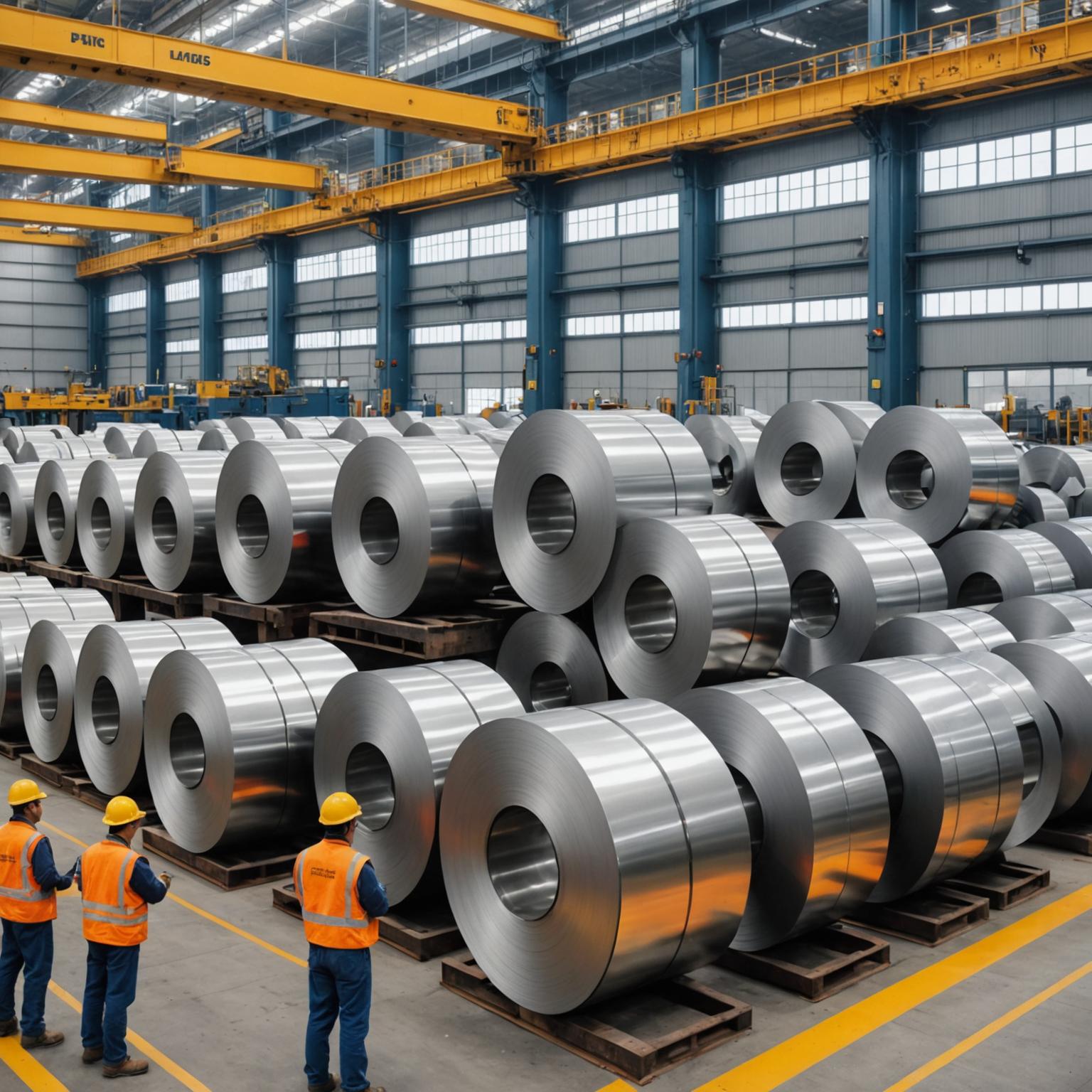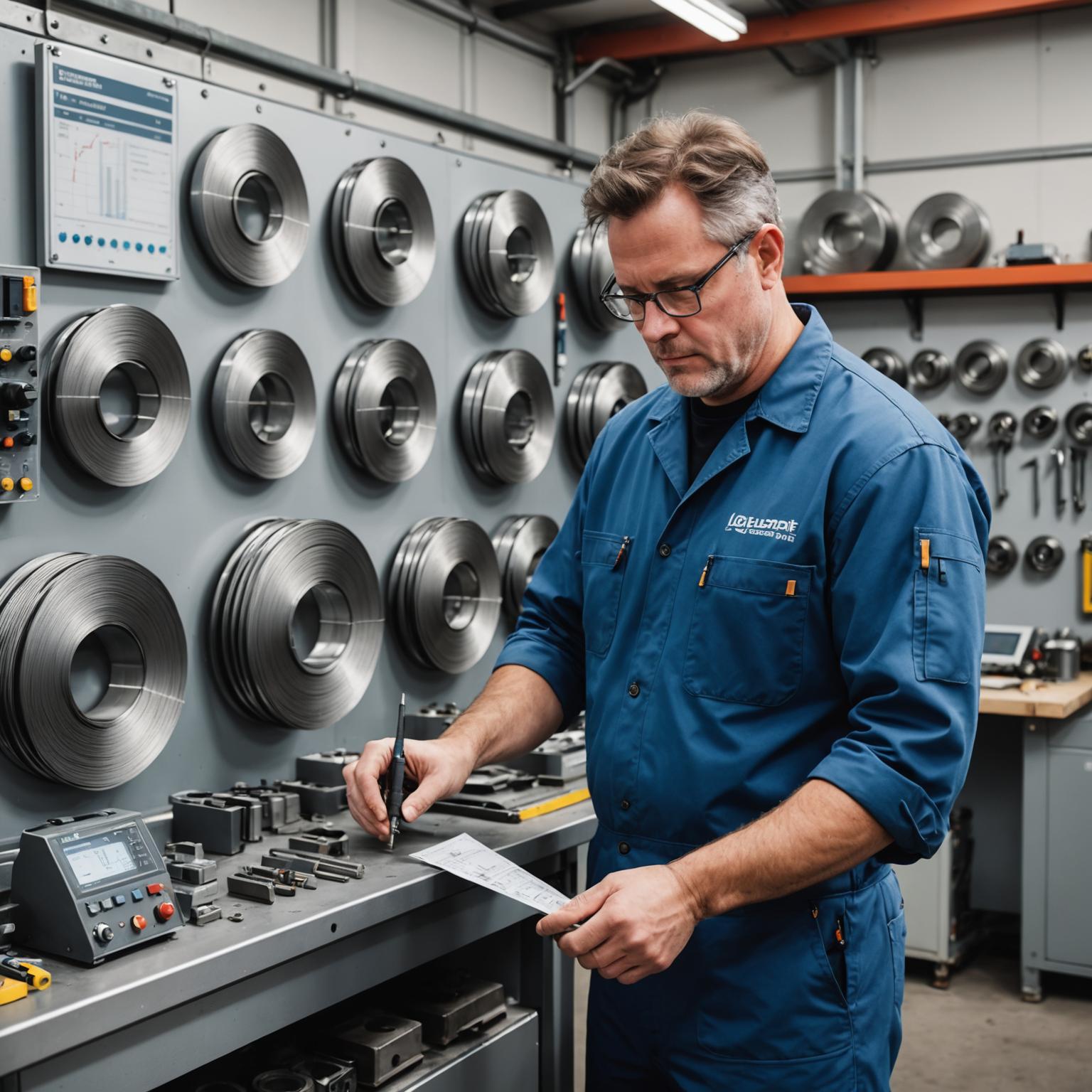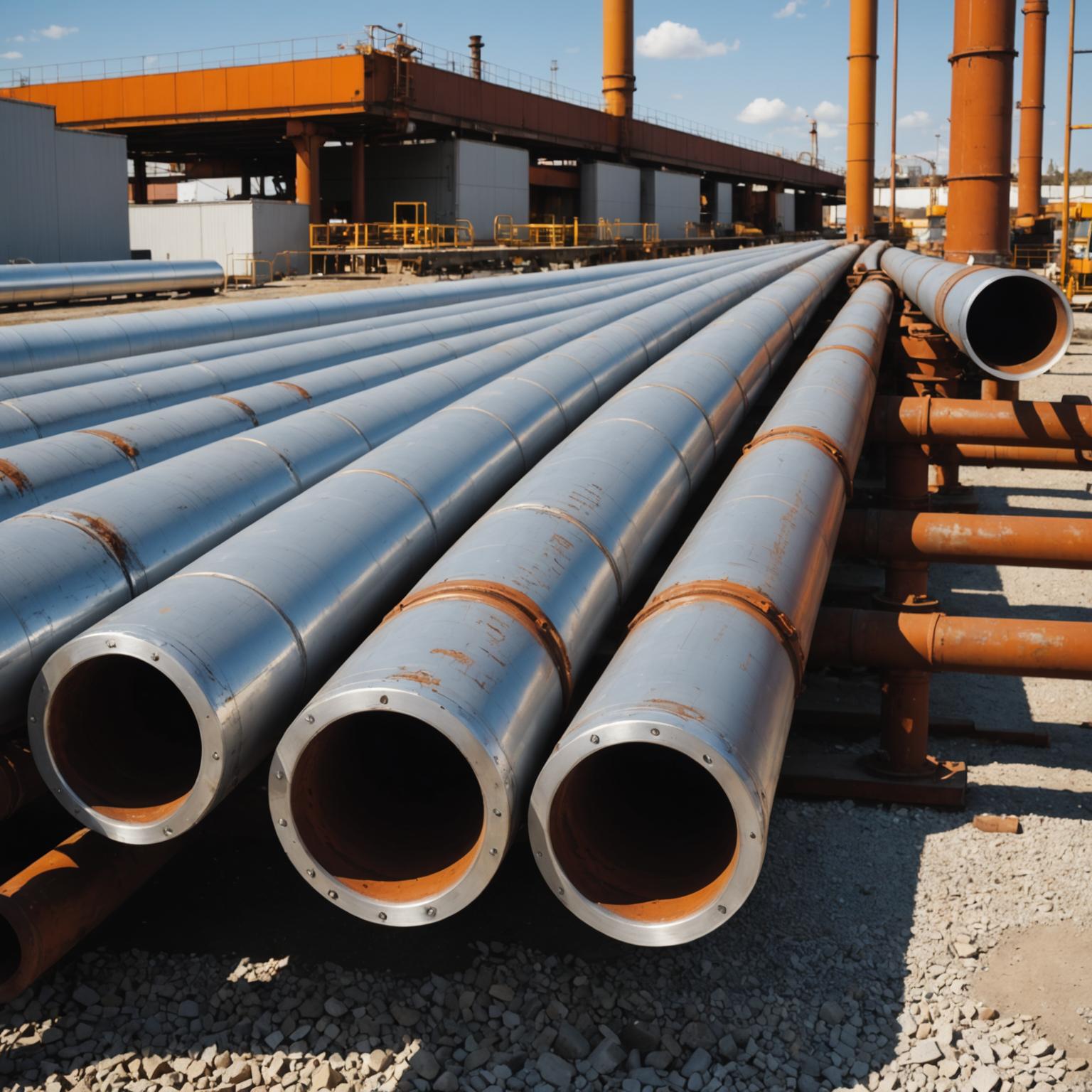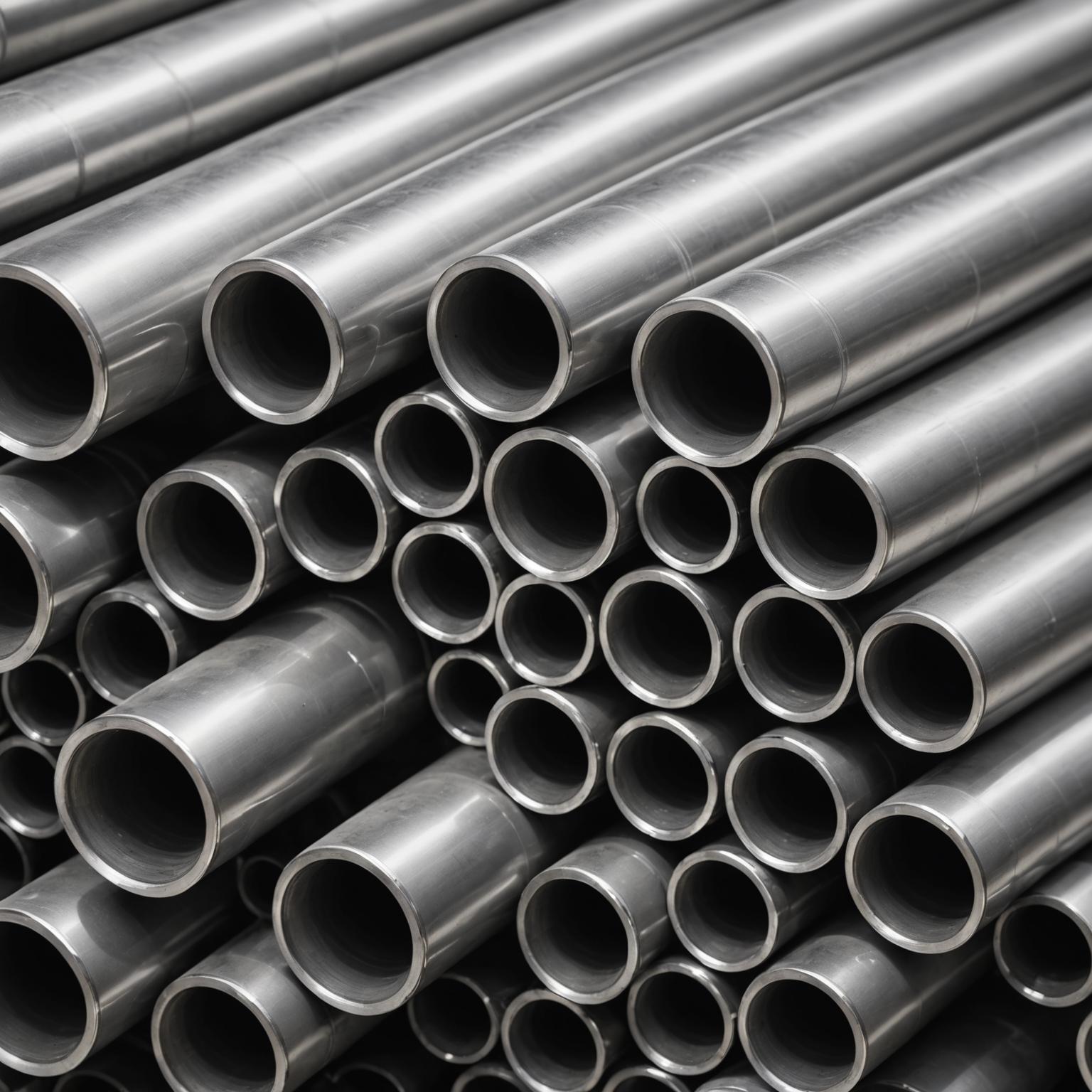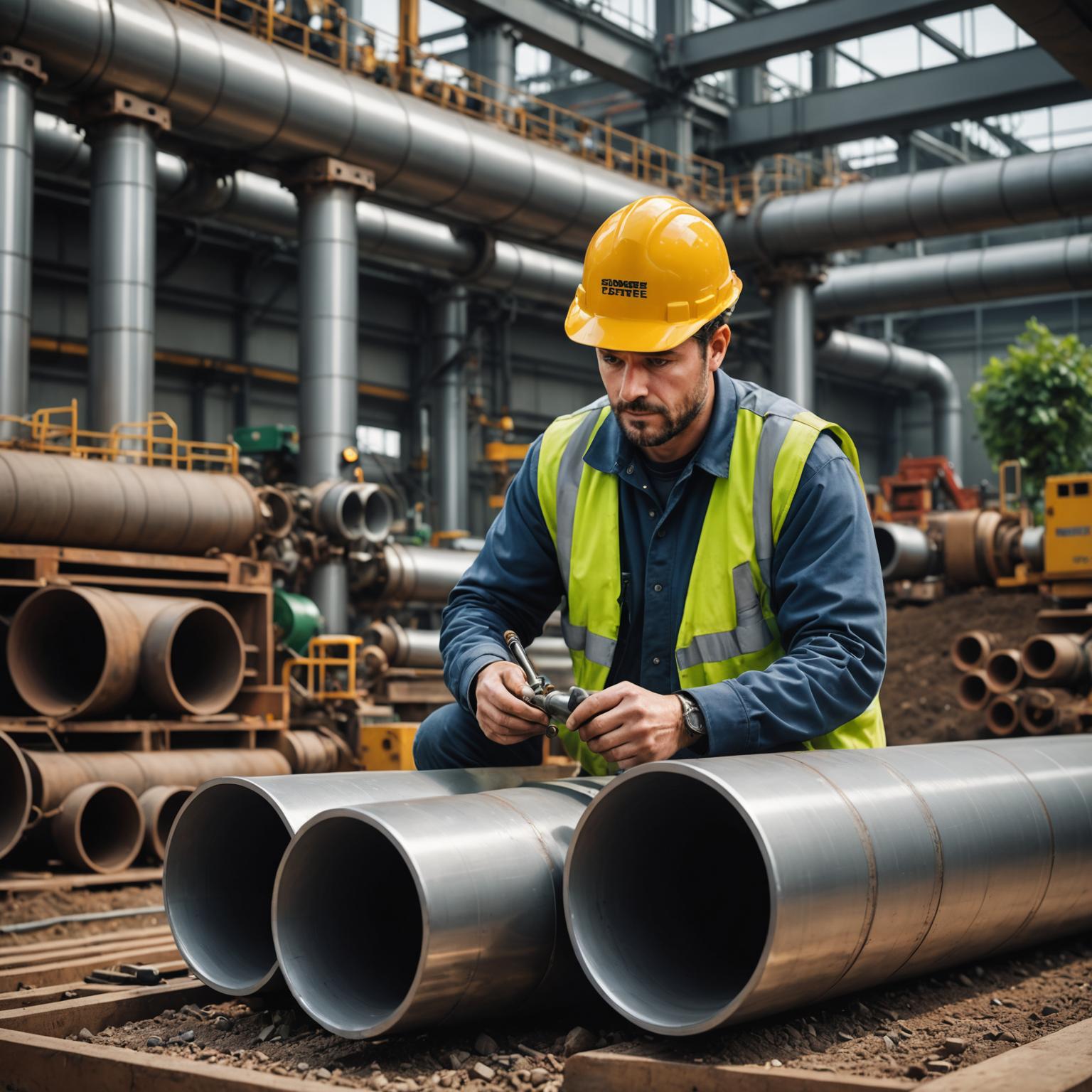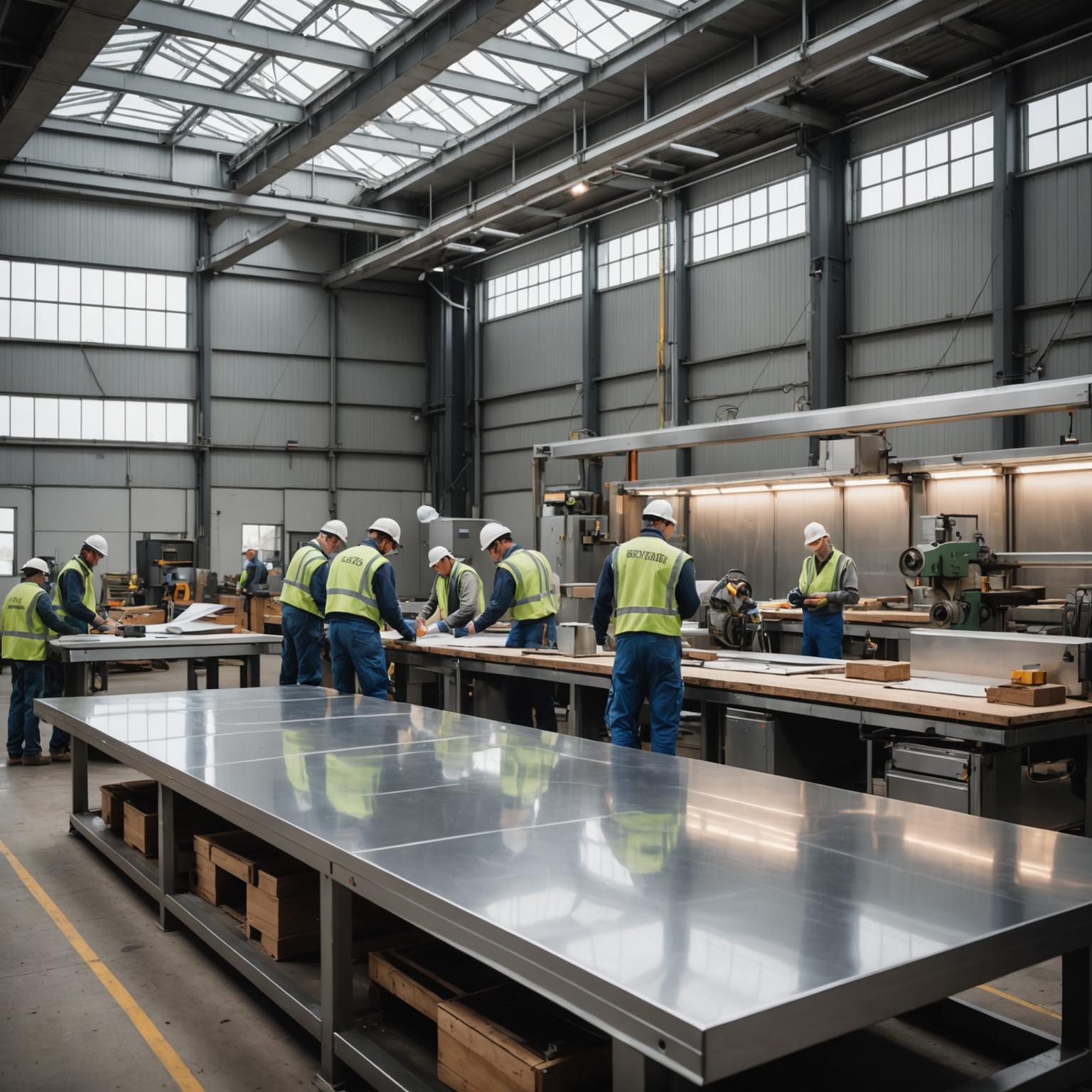Understanding the importance of choosing the right stainless steel coil
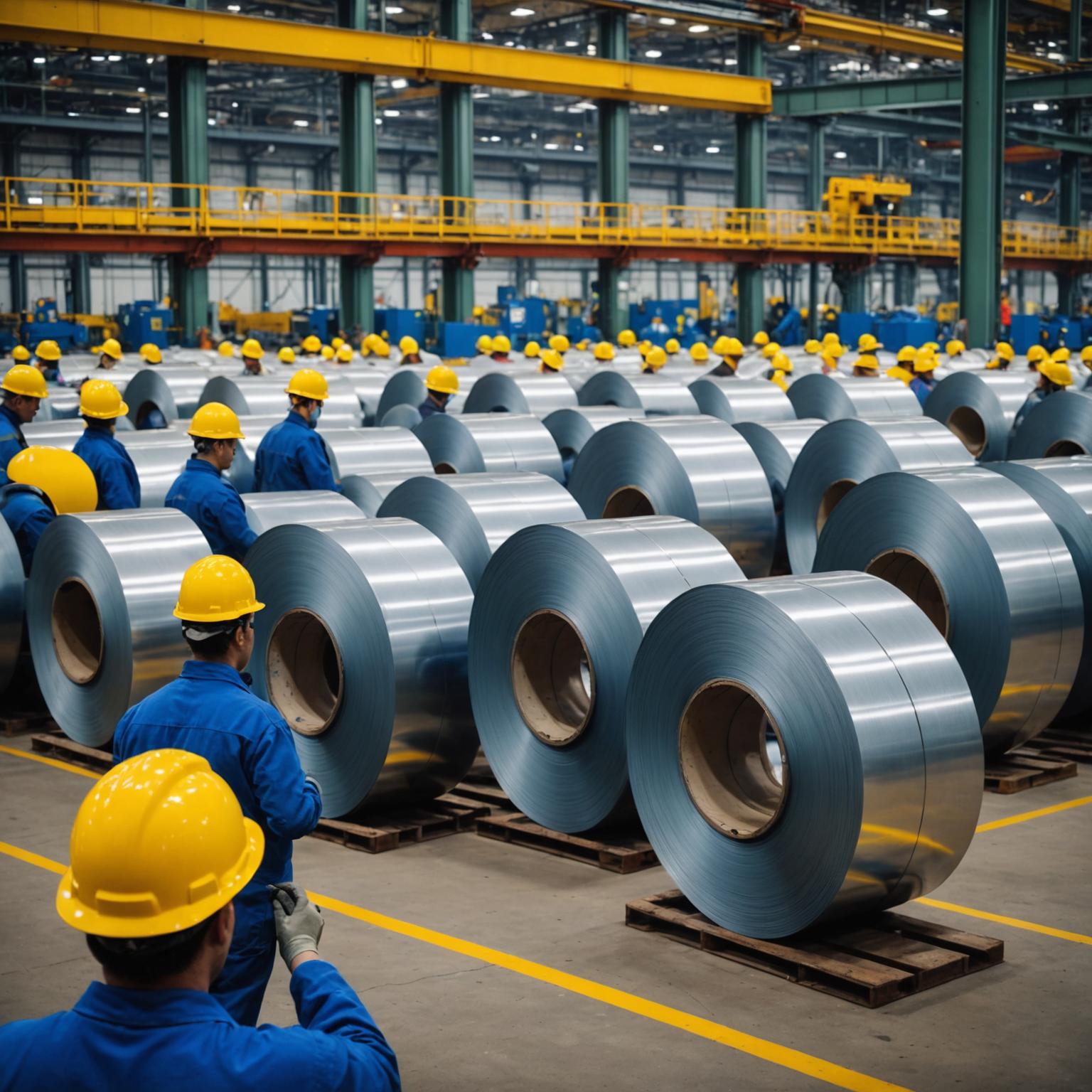
Stainless steel coils are the biggest competitor when it comes to shaping the materials for industrial applications. They are known for their unparalleled durability, versatility and aesthetic appeal, and they cater to many industries such as automotive manufacturing, construction, aerospace and advanced engineering. However, the pursuit of achieving flawless projects depends largely on one key factor: **How to choose the thickness of the stainless steel coil**. Making the right choice ensures the life, strength and functionality of the application. This article delves into the challenges and solutions involved in choosing the right stainless steel coil for your specific needs.
Question: Why is the thickness of stainless steel coil important
Choose the appropriate thickness of the stainless steel coil is not only a technical requirement; it has a profound impact on performance and cost efficiency. Manufacturers and contractors often face the following challenges:
1. **Structural Integrity: **Misfiable thickness may damage the structural integrity of the project. For example, a coil that is too thin may lack the strength to withstand weight or tolerate pressure, while a coil that is too thick can lead to overengineering and increased costs.
2. **Compatibility with design specifications: **Thickness must be consistent with the product's design requirements. Whether used for automotive panels, intricate mechanical components or architectural elements, the wrong thickness can hinder seamless integration.
3. **Cost issue: **Thickness directly affects production costs. Thicker coils can be more expensive and also add material weight, which can affect logistics and operational efficiency.
4. **Solderability and workpieces: ** Different thicknesses have different levels of solderability and workability. For industries that require complex shaping or bending, the choice of thickness is a key factor.
5. **Sustainability and Waste Management: **Improper choice of thickness can lead to unnecessary waste or overuse of resources, which can affect overall sustainability goals.
Solution: Steps to Select the Correct Stainless Steel Coil Thickness
To overcome these challenges, choosing the correct stainless steel coil thickness requires a systematic approach. Let's look at some key solutions:
1. **Learn the application: **The first step is to understand the end use of the coil. Stainless steel coils are designed for a variety of applications, such as high-performance automotive components, building structural elements or consumer appliances. Each application has specific requirements in terms of strength and flexibility, which should determine your choice of thickness.
2. **Analyze load and pressure requirements: **Assess the load-bearing or pressure-resistant requirements of the project. For heavy-duty applications, such as building infrastructure or bridges, choose thicker coils. On the other hand, for lightweight products such as household appliances or electrical housings, thinner coils are sufficient.
3. **Audit Design Specifications: **Clean check the cross-check thickness requirements outlined in the design specifications and blueprints. Ensure that the selected thickness is perfectly aligned with the tolerances and parameters of the project.
4. ** Consider cashability and fit: **If your project involves formation or welding, consult the manufacturer or expert to ensure that the thickness you choose is conducive to the process you will use.
5. **Environmental Manufacturing Methods: **Many stainless steel coils (such as steel coils with ecologically conscious production methods) are considering sustainability. Coils that minimize environmental impact without damaging functionality are preferred.
Why choose high-quality stainless steel coils?
Advanced stainless steel coils provide not only value, but also promises performance and sustainability. Their versatility and strength come from uniform thickness and excellent stretching quality, ensuring they are optimized for endurance and skill. Consider the following benefits of high-quality stainless steel coils:
1. **Corrosion resistance: **Stainless steel is known for its strong anti-rust and corrosion ability. This ensures long-term viability, whether used in harsh industrial environments or exposure to variable weather conditions.
2. **Dimensional Accuracy: ** High-quality stainless steel coils usually exhibit flawless dimensional accuracy, meaning that their ability to suit complex designs or precision applications is uncompromising.
3. **Accommodation across industries: **From towering skyscrapers to sophisticated aircraft, stainless steel coils seamlessly adapt to all kinds of requirements.
4. **Aesthetic Attraction: **Polished and stylish finishes not only provide power, but also provide visual refinement, making them ideal for consumer-facing applications such as equipment and architectural details.
5. **Ecologically Aware Manufacturing: ** Advanced coils often use sustainable production technology, making them an option that matches environmental issues.
High-quality stainless steel coils surpass the competition
Stainless steel coils are not only materials of industrial value; they are statements of precision and engineering excellence. Here is how advanced coils take your project to new heights:
1. **Morning of Modern Engineering: **Each coil proves exquisite craftsmanship that combines durability with advanced manufacturing technology.
2. **Uncomparable versatility: ** Whether it is for automotive, aerospace or construction applications, you can rely on these coils to suit the most demanding needs. Their adaptability ensures that every penny in every investment goes a long way.
3. The polishing effect adds style while maintaining excellent functionality.
4. **Sustainability without compromise: **Advanced stainless steel coils are often the result of an ecologically perceived process that balances sustainability with performance. This is crucial for companies that aim to meet green benchmarks.
5. **Reliability of critical applications: **From ensuring reliability of mechanical components to supporting structural miracles in buildings, stainless steel coils provide consistent and reliable results.
Conclusion: Improve your project with the right choice
Choose the correct thickness of the stainless steel coil, not just to satisfy the technical data sheet; it is about achieving harmony between function, cost efficiency and sustainability. High-quality coils bring uniformity, corrosion resistance and adaptability to ensure they exceed performance expectations for a range of industries.
Whether you are making complex machinery, designing automotive innovations, or building modern skyscrapers, stainless steel coils provide the foundation for success. They focus on precision and ecologically conscious production, representing the current and future materials that bridge industrial applications.
Take the time to evaluate your project needs and consult a manufacturer or industry expert to make informed decisions. By choosing the right stainless steel coil, you not only want to choose a material, but you can also invest in engineering perfection.



